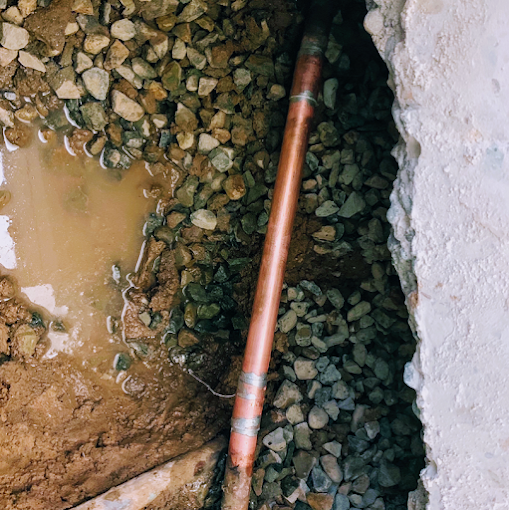Water pipe bursts can be a homeowner’s nightmare, causing damage and inconvenience. Understanding the reasons behind these unexpected incidents is crucial for prevention. In this blog, we’ll explore the common factors contributing to a water pipe burst in house and gain insights into safeguarding your home.
What Causes Pipes To Burst?
Water pipe bursts can occur for various reasons, leading to significant headaches for homeowners. Let’s delve into the key factors:
Freezing Temperatures
One prevalent cause of a burst water pipe is freezing temperatures. When water freezes inside pipes, it expands, exerting pressure on the walls. This pressure can be immense, resulting in cracks or complete ruptures. To prevent this, insulating exposed pipes and allowing faucets to drip during freezing weather can alleviate the risk.
Corrosion
Over time, pipes may deteriorate due to corrosion. Corrosion weakens the structural integrity of pipes, making them susceptible to ruptures. Factors such as age, water quality, and the material of the pipes all contribute to this gradual degradation. Regular inspection and timely replacement of corroded pipes can mitigate this risk, ensuring the longevity of your plumbing system.
High Water Pressure
Excessive water pressure can strain pipes beyond their capacity, leading to bursts. It often occurs when the pressure regulator malfunctions or is not installed. Regularly checking and maintaining the pressure regulator can prevent unnecessary stress on your pipes and avoid potential disasters.
Clogs and Blockages
Accumulation of debris, grease, or mineral deposits within pipes can create clogs. The resulting pressure buildup may cause pipes to burst. Regularly cleaning drains and addressing blockages can prevent this common issue, maintaining the smooth water flow through your plumbing system.
When Do Pipes Burst?
Understanding the circumstances under which pipes are more prone to bursting is vital for proactive measures:
H3: Winter Months
Cold weather raises the chance of pipes bursting because of freezing. To protect against this, insulate pipes and keep your home warm during winter.
During High Water Demand
Times of increased water usage, such as holidays or family gatherings, can strain your plumbing system. This heightened demand may lead to burst pipes, particularly if the infrastructure is aging or compromised. Be mindful of water consumption during peak times to minimize the risk.
How Do Pipes Burst?
Understanding the mechanics of pipe bursts aids in comprehending preventive measures:
Expanding Ice
In freezing temperatures, water inside pipes expands as it turns into ice. The expansion exerts tremendous pressure on the pipe walls, causing them to rupture. Adequate insulation and controlled dripping can counteract this phenomenon.
Stress from Pressure
High water pressure strains the structural integrity of pipes, making them vulnerable to bursting. Regular maintenance, including pressure checks, ensures your plumbing system operates within safe parameters, preventing avoidable damage.
Conclusion
Securing your home from water pipe bursts requires a blend of preventive measures. Regular inspections, corrosion checks, and water pressure management are vital for a robust plumbing system. Being proactive, especially in winter, can prevent the troubles and costs of burst pipes. Stay vigilant, and for any issues, contact New Flow Plumbing. Our expert team is ready to help safeguard your home’s plumbing. Act now for a worry-free tomorrow.













